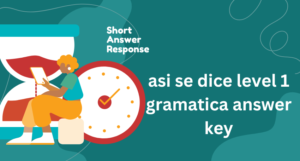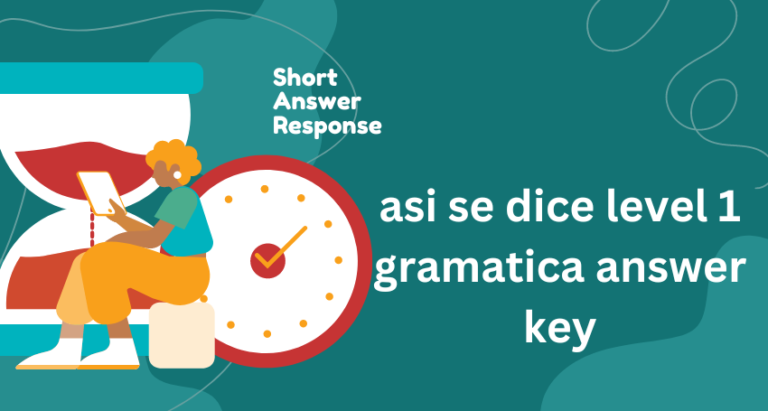Artificial Intelligence (AI) is reworking industries global, and healthcare isn’t any exception. With the ability to research massive amounts of statistics speedy and appropriately, AI is enhancing patient results, improving diagnostic accuracy, and optimizing remedy plans. This article explores the multifaceted effect of AI on healthcare, covering its applications, blessings, demanding situations, and destiny potentialities.
Technical Specifications
AI in healthcare encompasses diverse technology including gadget gaining knowledge of, natural language processing, robotics, and pc imaginative and prescient. These technology rely upon complex algorithms and big datasets to feature successfully.
Machine Learning
Machine learning algorithms are used to are expecting affected person outcomes, pick out sickness styles, and customise remedy plans.
Natural Language Processing
Natural language processing (NLP) allows the extraction and evaluation of significant records from unstructured medical facts, research papers, and patient opinions.
Robotics
Robotics in healthcare consists of surgical robots, robot prosthetics, and automated structures for drug transport and affected person monitoring.
Computer Vision
Computer vision generation is utilized in scientific imaging to enhance the accuracy of diagnoses via advanced image evaluation.
Applications
AI programs in healthcare are various, ranging from diagnostics to treatment and affected person care.
Diagnostics
AI-powered diagnostic tools can stumble on diseases at an early level with high accuracy. For instance, AI algorithms can analyze scientific snap shots to discover signs of most cancers, cardiovascular diseases, and neurological problems.
Treatment Personalization
AI helps tailor remedy plans to man or woman sufferers based on their genetic make-up, life-style, and scientific records, leading to extra effective and customized care.
Predictive Analytics
Predictive analytics can forecast sickness outbreaks, clinic readmission charges, and affected person deterioration, making an allowance for proactive intervention.
Administrative Tasks
AI streamlines administrative tasks along with scheduling, billing, and patient record control, reducing the load on healthcare team of workers and improving performance.
Benefits
The integration of AI in healthcare offers severa advantages.
Improved Accuracy
AI can analyze records greater appropriately than human beings, reducing mistakes in prognosis and remedy.
Enhanced Efficiency
AI automates ordinary obligations, permitting healthcare experts to attention on patient care and complicated instances.
Cost Reduction
By enhancing efficiency and accuracy, AI can assist lessen healthcare fees related to misdiagnosis, unnecessary exams, and administrative overhead.
Accessibility
AI can offer healthcare offerings to faraway and underserved regions via telemedicine and mobile fitness applications.
Challenges and Limitations
Despite its capacity, AI in healthcare faces numerous demanding situations.
Data Privacy and Security
The use of AI entails the handling of touchy affected person data, raising concerns about privateness and security.
Bias in AI Algorithms
AI algorithms can be biased if they’re trained on unrepresentative datasets, main to disparities in care.
Regulatory Hurdles
AI technology have to comply with strict regulatory requirements to make sure protection and efficacy, that may slow down their adoption.
Integration with Existing Systems
Integrating AI with existing healthcare systems can be tough because of compatibility issues and the need for substantial infrastructure enhancements.
Latest Innovations
AI is continuously evolving, with new innovations emerging often.
AI in Drug Discovery
AI algorithms are accelerating the drug discovery process with the aid of predicting the efficacy of new compounds and identifying ability aspect outcomes.
Virtual Health Assistants
AI-powered virtual fitness assistants provide personalized fitness advice, remind patients to take their medication, and time table appointments.
Remote Monitoring
AI-enabled wearable devices display sufferers’ important symptoms in actual-time, alerting healthcare companies to any anomalies.
Genomic Analysis
AI analyzes genomic statistics to identify genetic predispositions to sure diseases, allowing preventive measures and personalised remedies.
Future Prospects
The destiny of AI in healthcare appears promising, with several potential tendencies at the horizon.
Integration with IoT
The integration of AI with the Internet of Things (IoT) will enable seamless statistics sharing between devices, enhancing affected person monitoring and care coordination.
Advanced Robotics
Robotic surgical treatment and rehabilitation becomes greater superior, offering minimally invasive methods and superior healing alternatives.
AI in Mental Health
AI will play a sizeable position in intellectual fitness care, imparting early analysis and customized remedy plans primarily based on behavioral information analysis.
Global Health Initiatives
AI will contribute to worldwide health projects with the aid of addressing healthcare disparities and improving access to quality care international.
Comparative Analysis
Comparing AI with traditional healthcare technologies highlights its transformative potential.
Diagnostic Accuracy
AI surpasses traditional diagnostic strategies in accuracy and pace, decreasing the likelihood of human blunders.
Efficiency in Treatment
AI-pushed remedy plans are more efficient and customized compared to 1-length-fits-all procedures.
Cost-Effectiveness
While the preliminary funding in AI technology may be excessive, the long-time period fee savings are sizeable because of reduced errors and progressed operational efficiency.
User Guides and Tutorials
Understanding how to use AI tools in healthcare is crucial for maximizing their advantages.
Implementing AI in Clinical Settings
A step-by way of-step manual on integrating AI tools into medical workflows, from selecting the proper technology to schooling workforce.
Using AI for Predictive Analytics
Instructions on making use of AI for predictive analytics, such as statistics collection, set of rules selection, and end result interpretation.
AI in Patient Monitoring
Tutorials on putting in place and the usage of AI-powered patient tracking systems to track crucial signs and stumble on early caution symptoms.
Conclusion
AI is revolutionizing healthcare by way of enhancing diagnostic accuracy, personalizing treatment, and improving operational efficiency. Despite demanding situations, the continued development of AI technologies promises a destiny wherein healthcare is greater accessible, lower priced, and powerful. Healthcare specialists and stakeholders have to embody and adapt to these adjustments to fully realize the capacity of AI in reworking affected person care.













+ There are no comments
Add yours